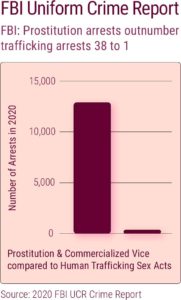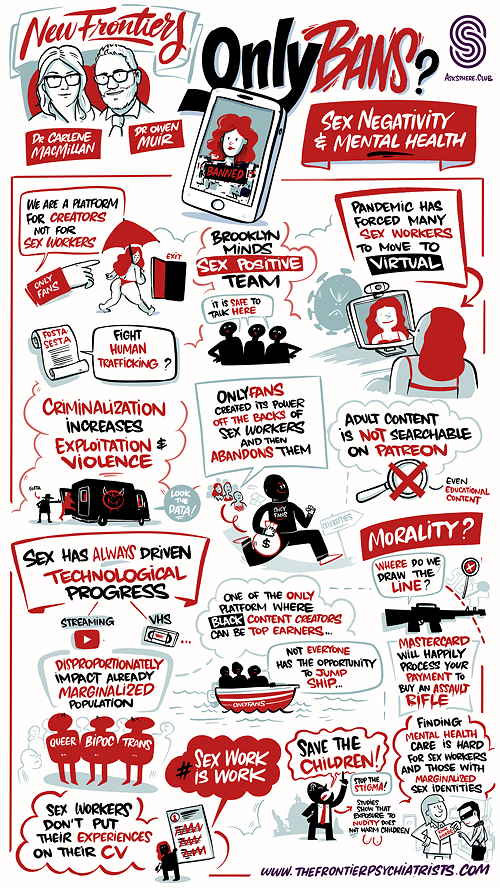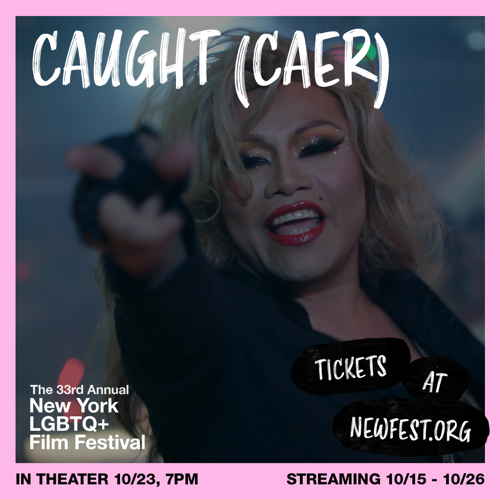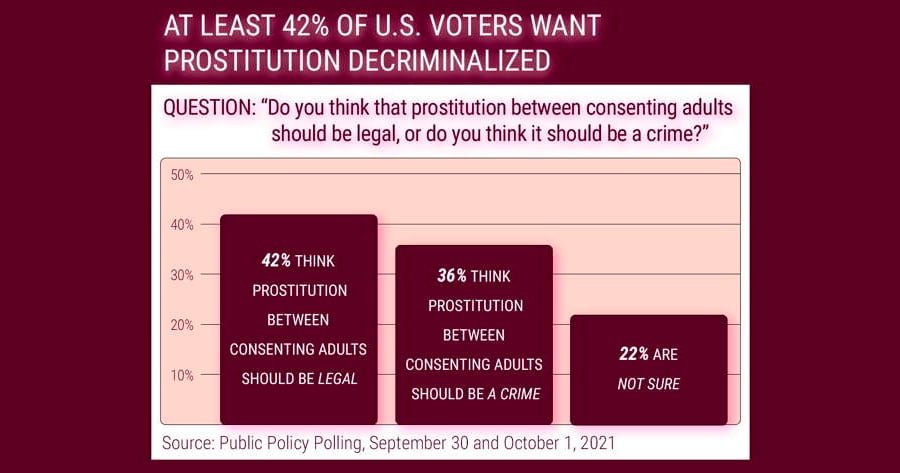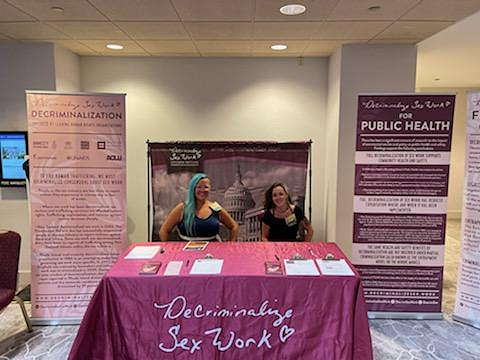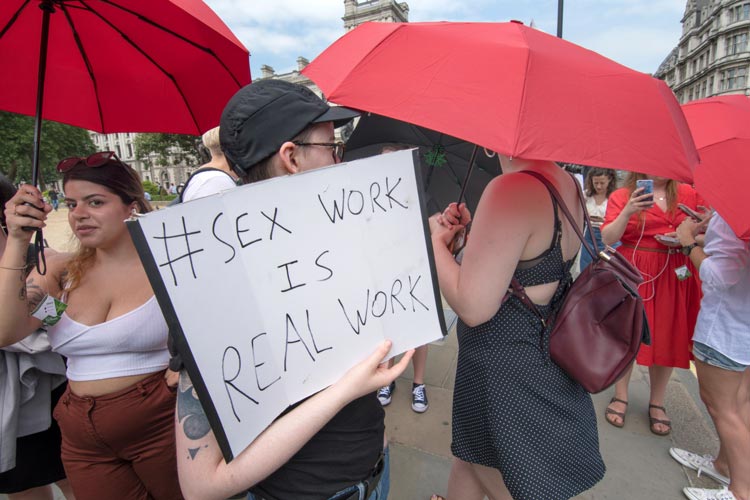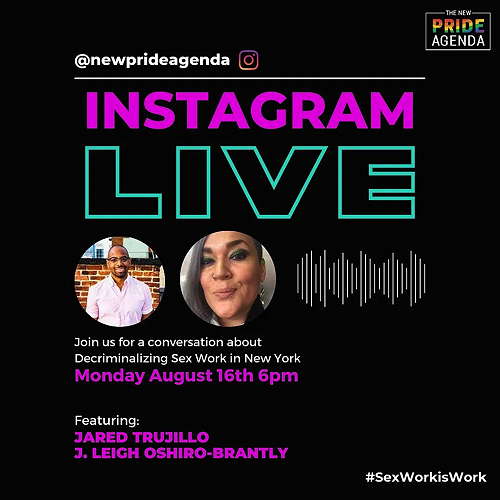NEWS RELEASE | FOR IMMEDIATE RELEASE | PDF
Media Contact:
Ariela Moscowitz, director of communications
[email protected] | (212) 368-7874
New York, NY (October 14, 2021) — A national survey recently found that 42% of registered voters are in favor of decriminalizing prostitution, while 36% think prostitution should remain a crime and 22% remain undecided. Democrats are far more supportive of decriminalization than others, as are people who identify as men. Individuals over the age of 65 are least in favor of reform, while those between the ages of 18 and 45 are most supportive of decriminalization followed by those between the ages of 46 and 65.
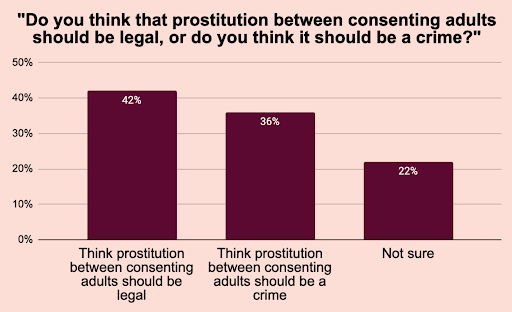
Evidence supporting the many benefits of decriminalization continues to surface. Sex workers, academics, human-rights activists, and public-health experts are increasingly calling on legislators to look at the facts around decriminalization, which demonstrate increases in public health and safety and decreases in exploitation.
The survey also asked voters whether they would support decriminalizing the sale of sex, while keeping the purchase of sex illegal. Only 7% support this model of prohibiting prostitution, while 60% oppose it, and 33% are unsure. Bills proposing this “entrapment model” — which some people call the “Nordic model” or “end-demand model” — have been introduced in the New York, Massachusetts, and Maine state legislatures. Lawmakers market this legislation as a means of curtailing prostitution and combatting trafficking, while evidence shows it does neither. Countries that have implemented the entrapment model continue to see violence and exploitation perpetrated against sex workers.
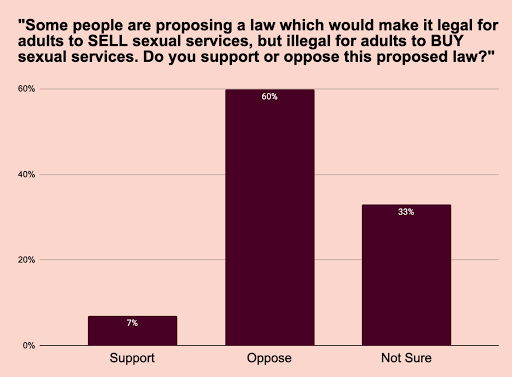
 The vast majority of individuals involved in selling and buying sex are consenting adults. “Proponents of the entrapment model conflate human trafficking with consensual adult sex work, intentionally confusing the issue to advance their agenda of restricting sex between consenting adults. Where trafficking and prostitution are conflated, human trafficking victims are treated like criminals and consenting adults are needlessly arrested,” said Ariela Moscowitz, director of communications at Decriminalize Sex Work (DSW), which commissioned the national poll. “There is less support for the entrapment model than there is for white supremacist views, yet legislators continue to propose the former,” Moscowitz continued.
The vast majority of individuals involved in selling and buying sex are consenting adults. “Proponents of the entrapment model conflate human trafficking with consensual adult sex work, intentionally confusing the issue to advance their agenda of restricting sex between consenting adults. Where trafficking and prostitution are conflated, human trafficking victims are treated like criminals and consenting adults are needlessly arrested,” said Ariela Moscowitz, director of communications at Decriminalize Sex Work (DSW), which commissioned the national poll. “There is less support for the entrapment model than there is for white supremacist views, yet legislators continue to propose the former,” Moscowitz continued.
Decriminalization, a critical component of criminal-justice reform, has gained considerable traction amid a nationwide reckoning with the dangers of over-policing, a ballooning prison population, and cries for immediate changes to the criminal justice system.
The poll, which surveyed 758 registered voters in the United States, was conducted by Public Policy Polling on September 30 and October 1, 2021.
###
Decriminalize Sex Work (DSW) is a national organization pursuing a state-by-state strategy to end the prohibition of consensual adult prostitution in the United States. DSW works with local organizations, advocates, and lobbyists to build community support and convince legislators to stop prostitution-related arrests. Evidence shows that decriminalizing sex work will help end human trafficking, improve public health, and promote community safety.

